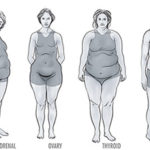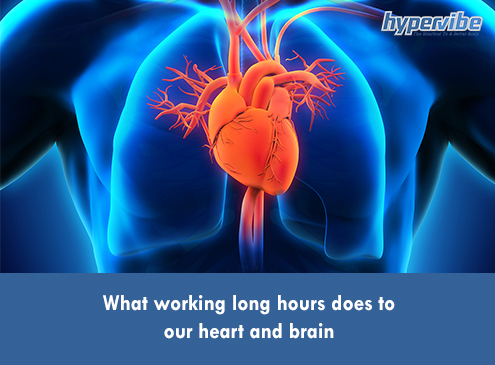How B vitamins influence your brain function

Just like carbohydrates are required for energy production and proteins are important for muscle growth and recovery, vitamins and minerals are necessary for the proper functioning of the human organism. These micronutrients influence our mood and behavior, they can make us gain or lose weight, boost our energy levels or make us feel tired and unable to focus when levels of vitamins and minerals are lower than normal.
Vitamin and mineral deficiencies can make us sleepy and affect our productivity, can weaken our bones and muscles, alter the production of hormones, affect the metabolism and decrease our overall health level. But when it comes to our nervous system, of all the micronutrients found in food, B-vitamins play a special role in supporting the proper functioning of the brain, memory and cognition.
Role of B-vitamins in brain’s health
The B-vitamins group includes 8 micronutrients, all of them essential for bodily functions like the production of red blood cells, energy or hormones. These compounds are water soluble, which means they’re easily destroyed while cooking the foods, so even if your menu does include sufficient products rich in vitamin B, deficiencies can still occur if you don’t pay attention to how you process foods.
Except for vitamin B12 and folate, the other B-vitamins aren’t stored in the body, therefore they must be taken from foods on a daily basis. Good sources of vitamin B include wholemeal cereal grains, nuts and pork meat, milk, dairy products, egg whites, green veggies, mushrooms, peanuts, yeast, fish and shellfish, cauliflower, poultry and fruits.
Moving to the importance of B-vitamins for the brain: vitamin B12 is involved in the production and maintenance of myelin sheaths which surround the nerve cells and make communication between these cells possible. When the levels of this micronutrient are lower than normal, the functioning of the brain can be affected and moodiness can occur as well. B12 deficiency is linked with an increased risk of depression, with fatigue and concentration problems.
Vitamin B12 was found to protect against the age-related atrophy of brain cells, while deficiency of this micronutrient can cause irreversible nerve damage, brain atrophy and dementia. Unfortunately, B12 deficiency can go undetected for years, being frequent in vegans, breasfeeding women and the elderly.
In people aged 40 to 90, vitamin B12 deficiency was found to cause neurological and psychiatric problems, such as myelopathy (a disease of the spinal cord), sensory disturbances, gait problems, neuropathy (disease of the nerves), dementia and behavioral disturbances. In severe cases, a condition called subacute combined degeneration can occur; this affects the spinal cord and may involve the brain and peripheral nerves as well, symptoms including a tingling sensation or numbness on both sides, weakness, cognitive problems, poor vision and abnormal reflexes.
In any of the conditions mentioned above, vitamin B12 supplementation usually gives good results and early treatment ensures a faster recovery, but the delay can lead to serious complications, such as Alzheimer’s disease or Parkinson’s disease, vascular complications and brain atrophy.
Vitamin B6 is also essential for brain’s functioning, and is also involved in the formation of red blood cells and in protein and carbohydrate metabolism. A healthy intake of this micronutrient ensures a good immune function and healthy hormone production, while deficiency is linked with insomnia, anemia and depression, confusion and irritability.
Folic acid or vitamin B9 is involved in the metabolism of protein and lowers the risk of heart disease and stroke. Not getting enough of this micronutrient can result in lower serotonin levels, moodiness, depression, tiredness, anemia and weakness. If deficiency occurs in pregnant women, it can lead to neural tube defects in the baby.
As you can see an adequate intake of B-vitamins is very important for your nervous system, as it ensures the proper functioning of the brain and preserves memory. So if you’re a vegan or your diet lacks most of the foods rich in vitamin B, make sure to talk to your doctor and supplement the intake as recommended.














